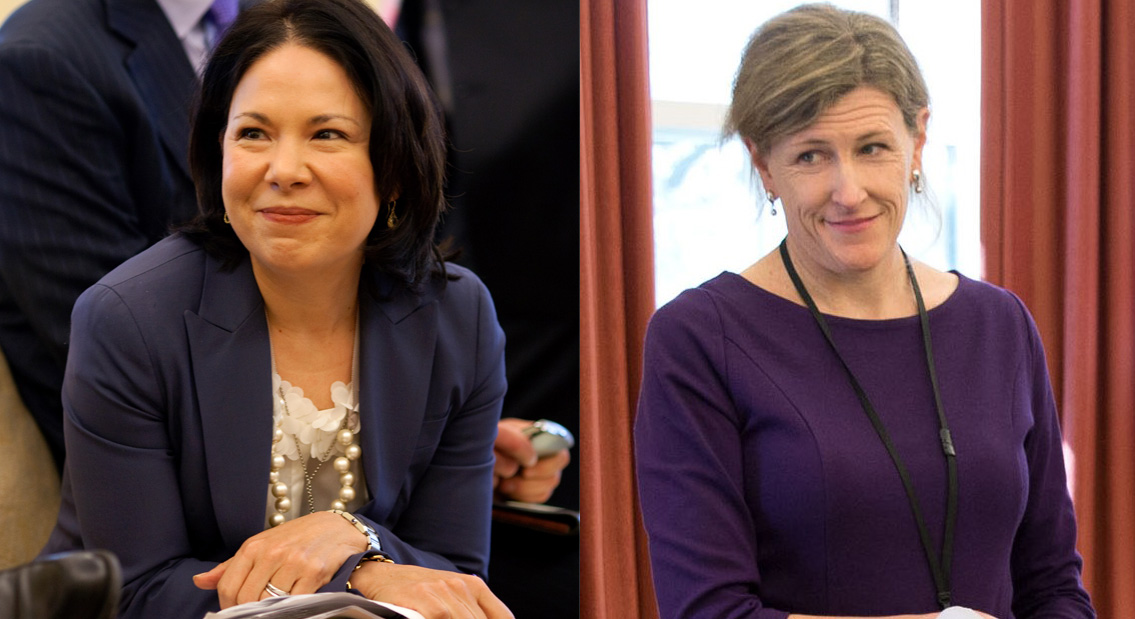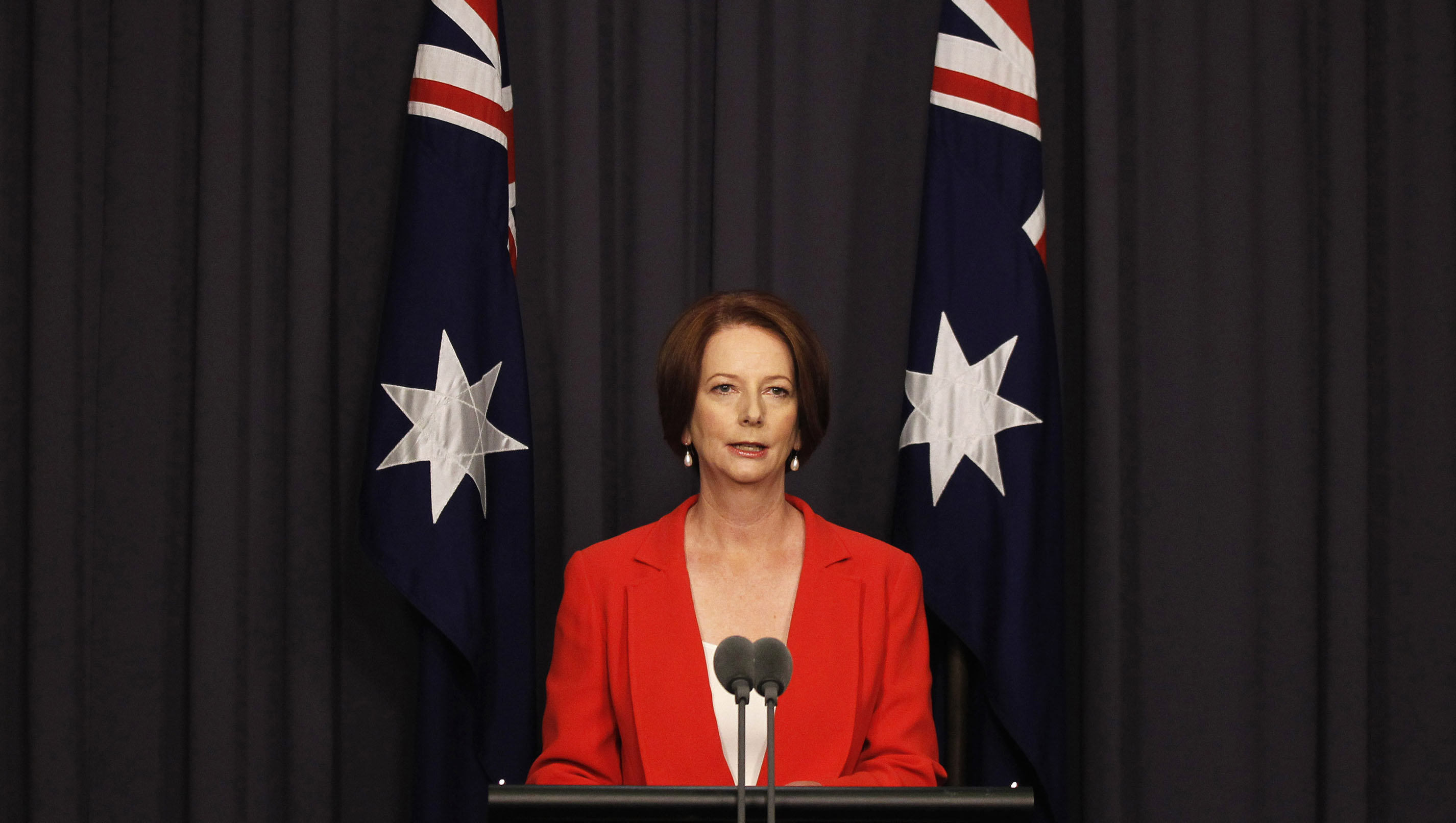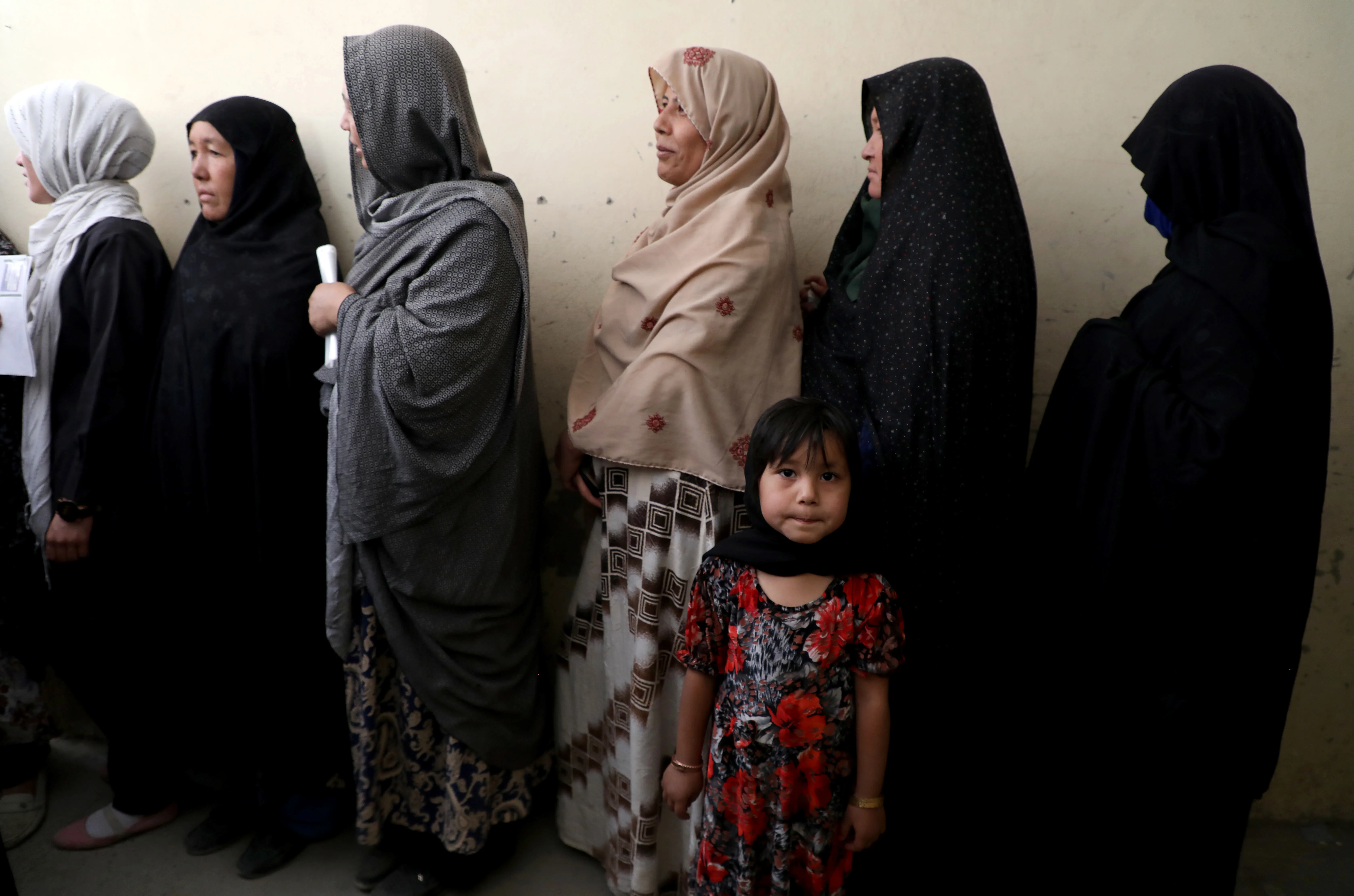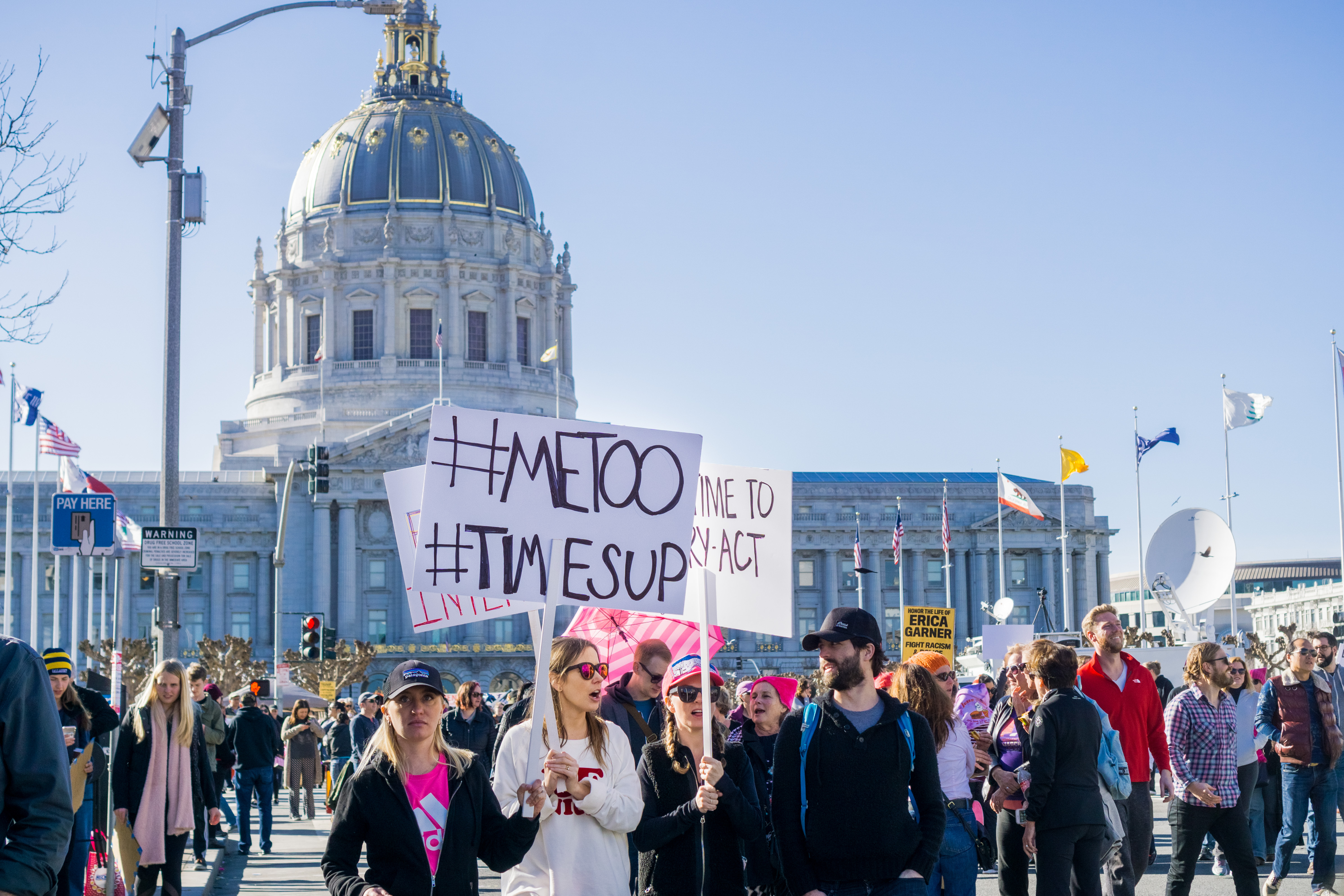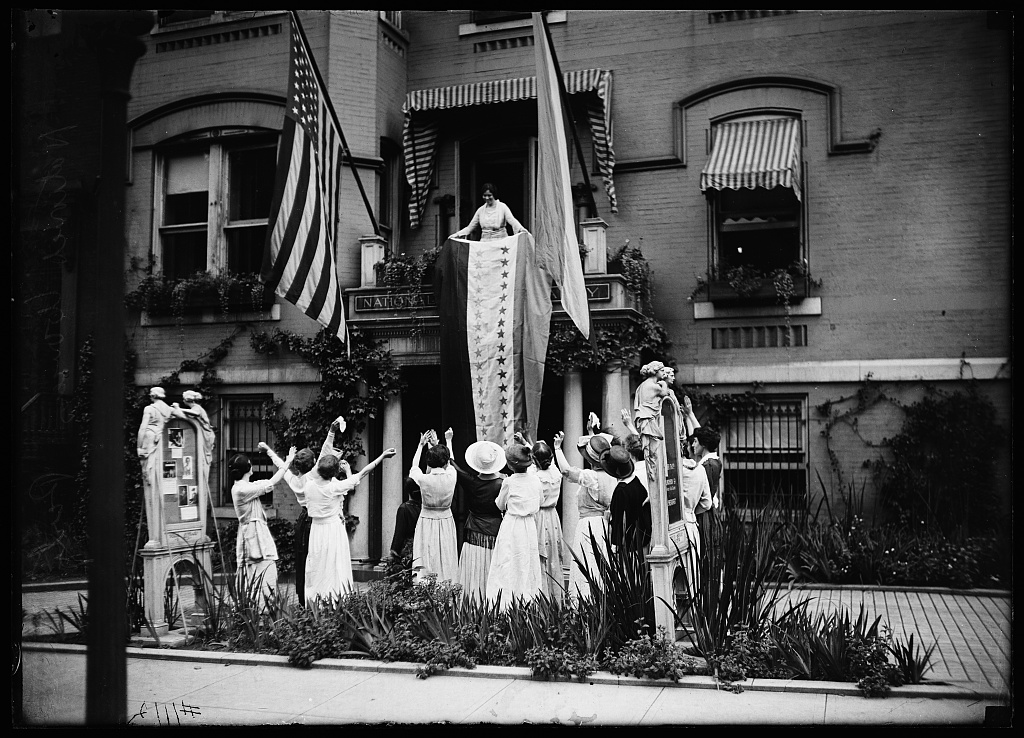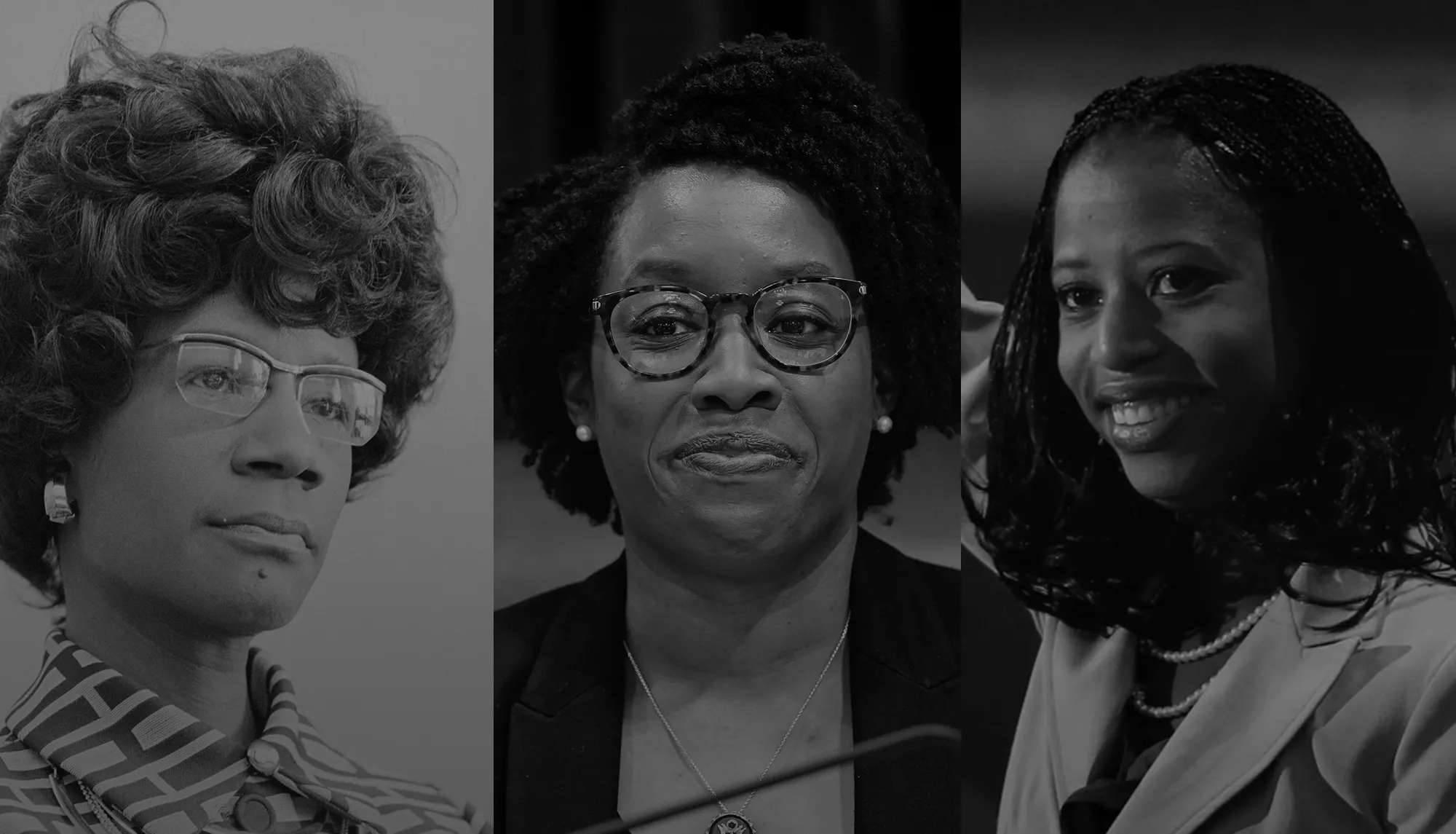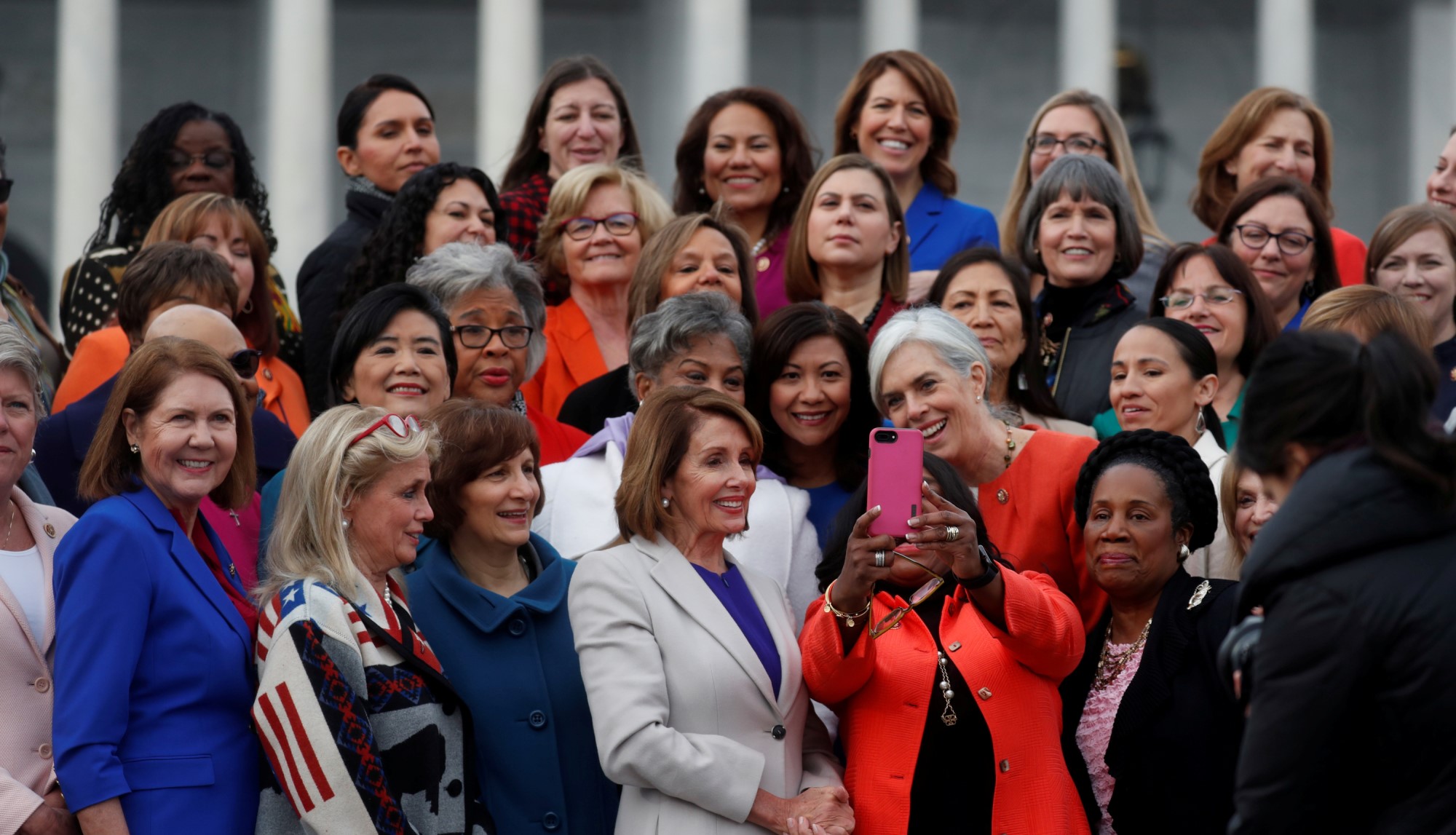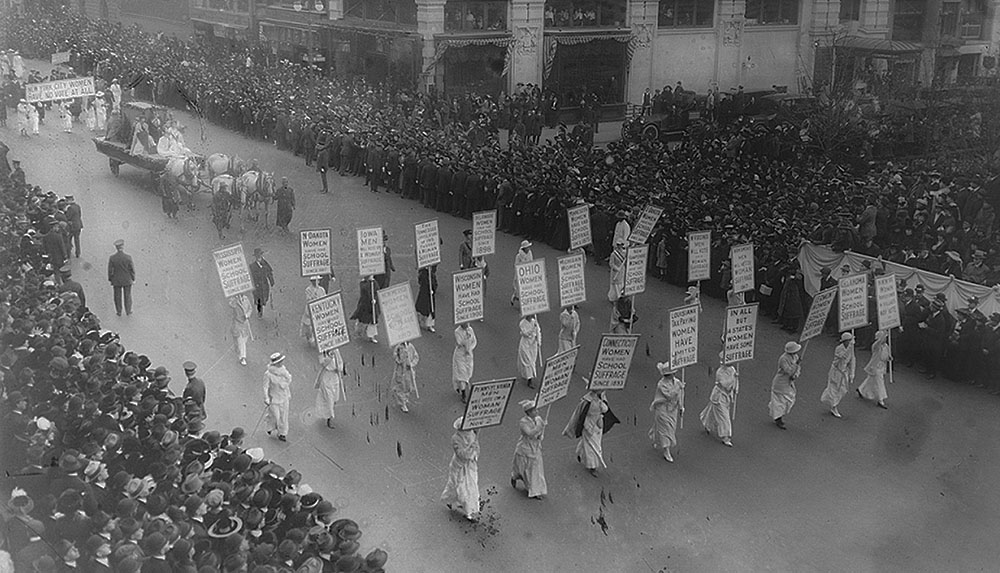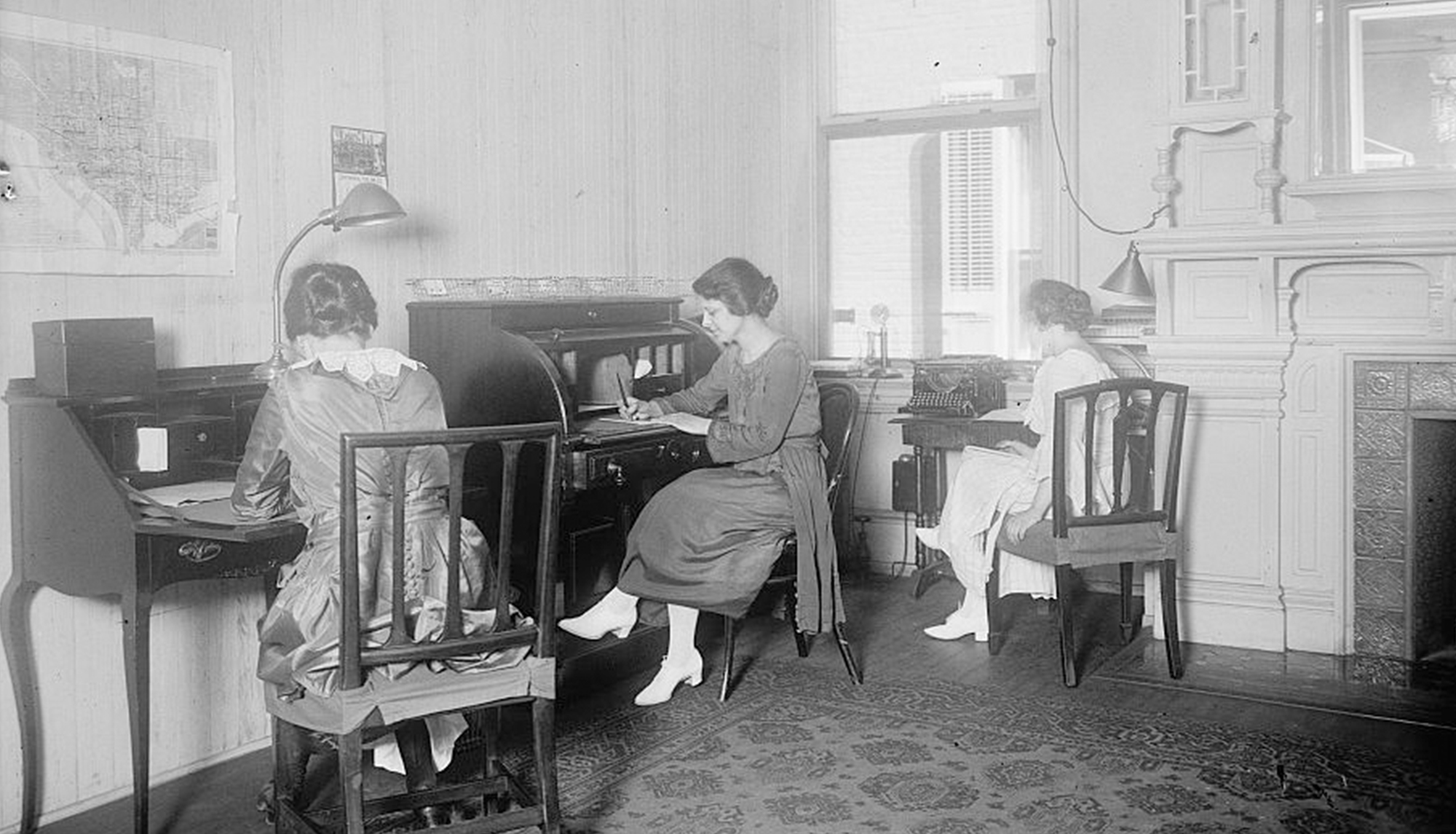
“
The right of citizens of the United States to vote shall not be denied or abridged by the United States or by any State on account of sex. Congress shall have power to enforce this article by appropriate legislation.
”
The United States celebrated the centenary of the 19th Amendment to the U.S. Constitution, an enormous victory in the long march toward gender equality, amid a historic pandemic, recession, and movement for racial justice that all have consequential implications for women’s lives. The 19th amendment’s implementation was never perfect— the promise of representation was not equally realized across racial and ethnic lines, and still today minority communities suffer from voter suppression— but the events of 2020 helped expose other gaps in gender equality that exist today.
It is clear equality at the ballot box has not translated into equity in other aspects of society. Change is still necessary for the United States to become a more perfect and more equal nation.
In this series, Brookings scholars and other subject-area experts analyze how gender equality has evolved since the amendment’s passage and the forces that have kept the United States from reaching true equality. They examine gender parity through a local, national, and global lens and propose policy recommendations to put an end to gender-based discrimination.
The Essays
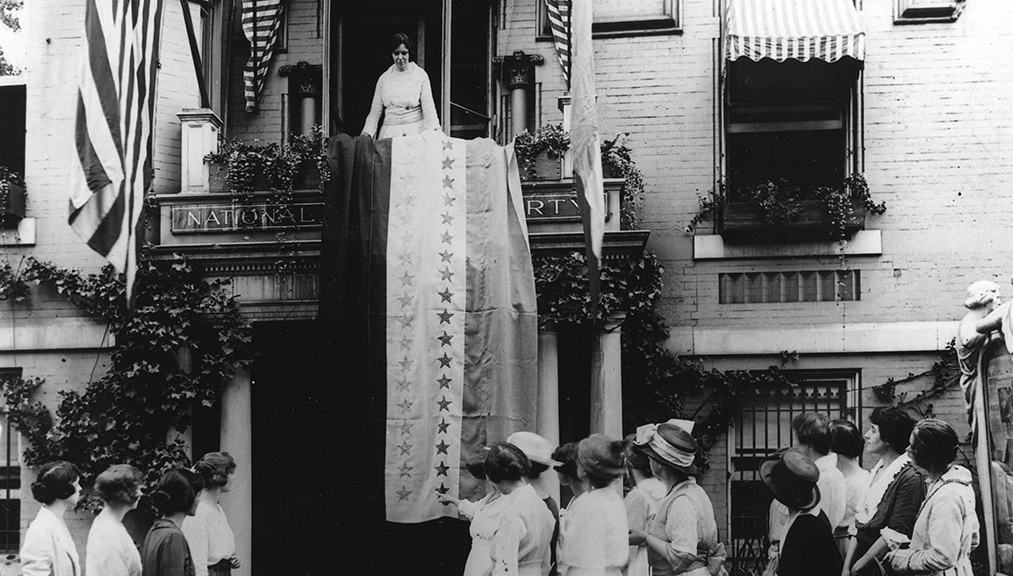
Alice Paul, leader of the National Woman’s Party, unfurls the ratification banner from Suffrage headquarters. August 18, 1920. (Library of Congress)
Thank You
This series is made possible thanks to editorial guidance from:
Isabel V. Sawhill
Senior fellow
Carol Graham
Leo Pasvolsky Senior fellow
Christina Kwauk
Fellow
Rashawn Ray
David M. Rubenstein fellow




